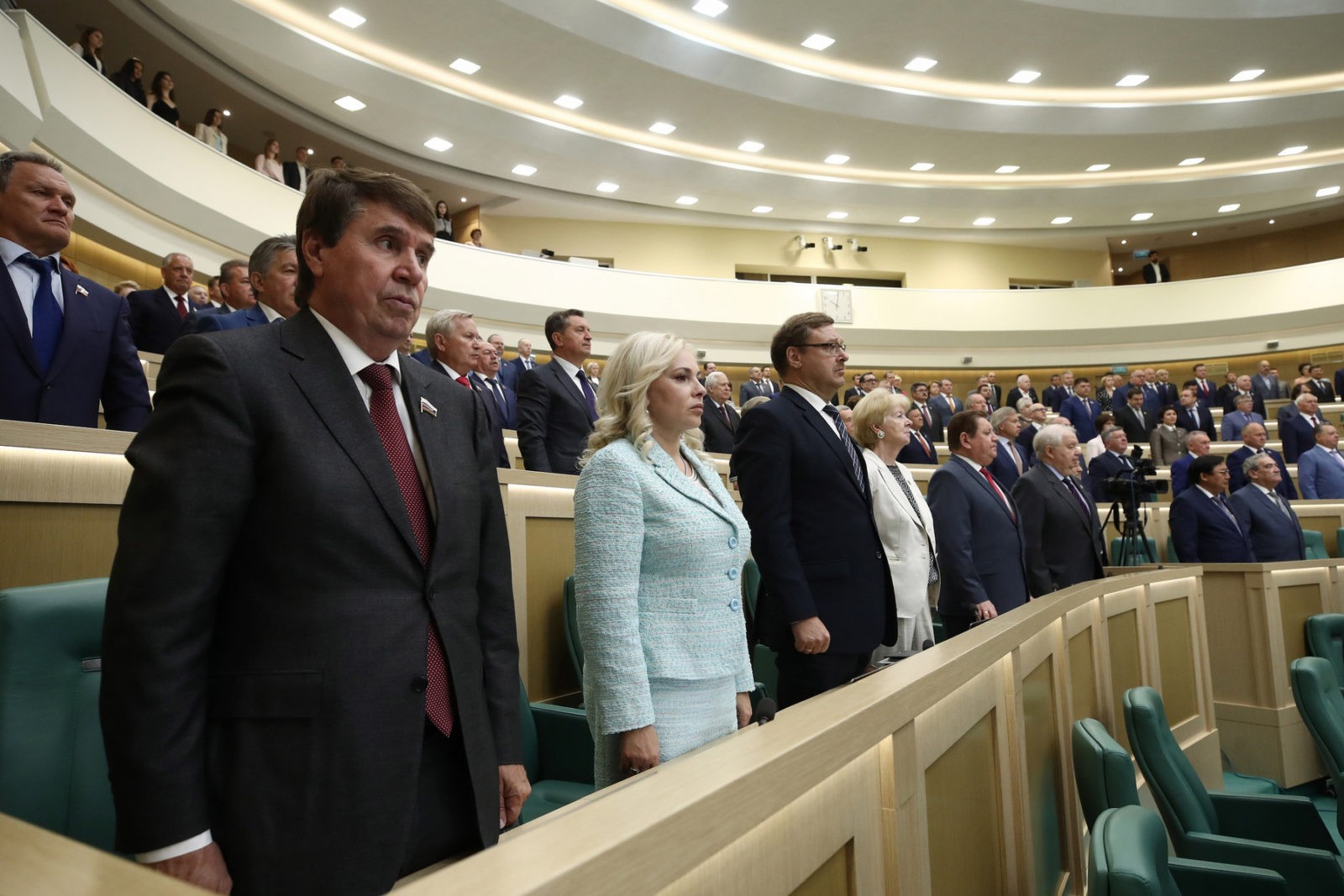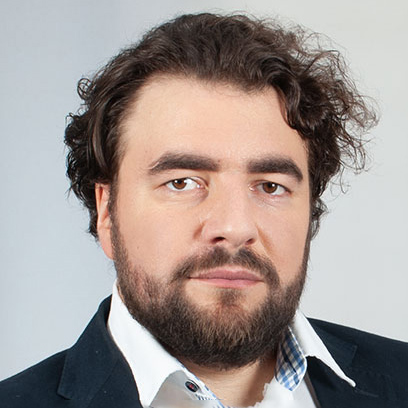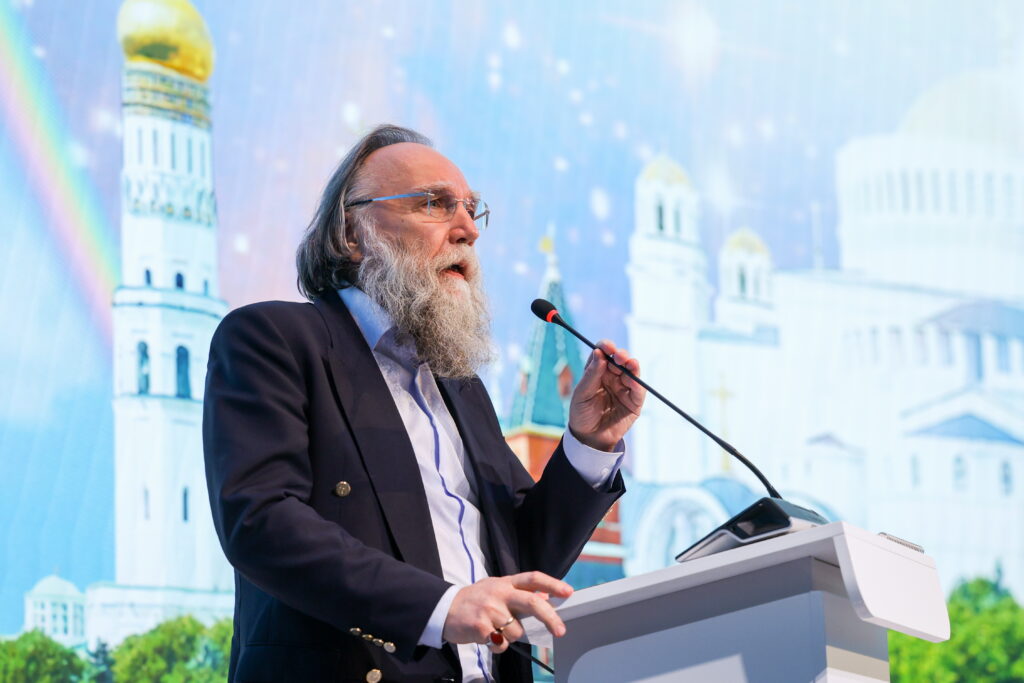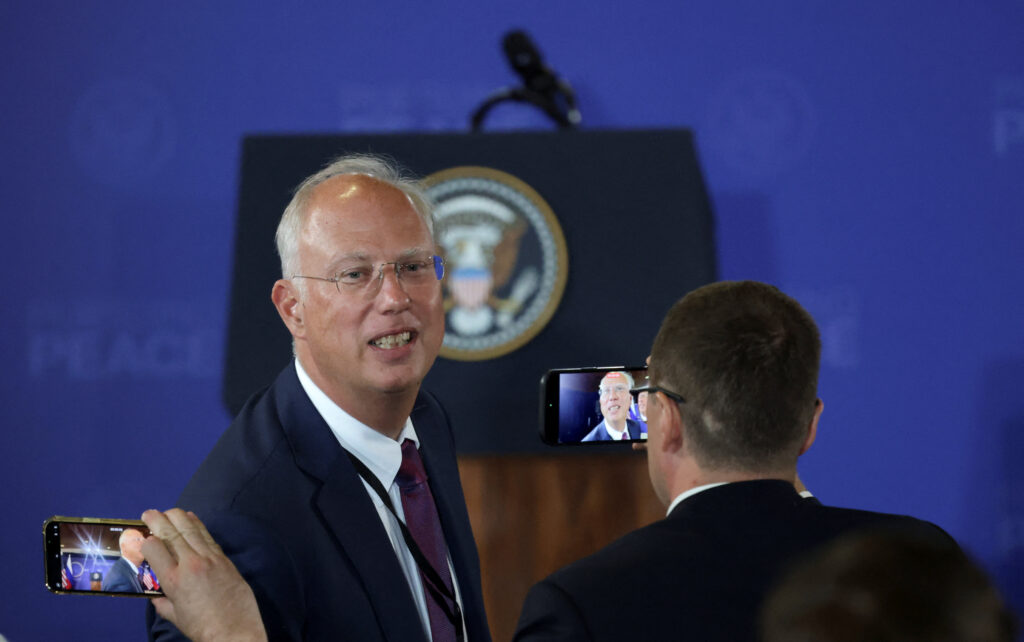Draft amendments to the law ‘On Citizenship’ have been submitted to the State Duma by Sergei Ivanov, who previously specialised in simplifying the procedure for Ukrainians wishing to obtain a Russian passport. Now, he has decided to complicate the lives of several million Russians who hold a second citizenship or a foreign residence permit.
The stated aim of the bill is “to ensure that people who intend to acquire a foreign citizenship (serfdom) without waiving their Russian citizenship get accessible and obvious information that their rights will be restricted.”
At present, those suspicious “individuals with dual citizenship” are already thoroughly limited in their rights. For example, they are required to declare their other citizenship, long-term residence status or residence permit from another country. Failure to submit such a notification is penalised with an administrative fine of up to 1000 roubles, and criminal proceedings may be instigated against ‘malicious non-informers’. In the latter case, the fine skyrockets to 200 thousand roubles, which can be exchanged in return for 40 hours of forced labour.
In addition, such people are not allowed to own more than 20 percent of a Russian news outlet, found any media or even work as a manager there. They are also prohibited from serving in the police, the prosecutor’s office or the secret service (FSB). Further, they are not allowed to run in the elections to the Public Chamber of the Russian Federation, the State Duma and regional parliaments, or work in the civil service at the central or local level (with the exception of cases separately stipulated in the law). And, of course, they are not allowed to run in the presidential elections in Russia.
Which other rights are now being taken away from those ‘bad Russians’? MP Ivanov would like to prohibit them from working “in such organisations as the Central Bank of Russia, the federal mass media, partly or fully state-owned companies, and federal unitary enterprises.”
One in two should be fired
Most likely, the formal reason for proposing the bill is related to the recent arrest of Karina Tsurkan, the top manager of the energy company Inter RAO, on spying charges. Likely to have a second citizenship, she reportedly shared some information about energy supply chains in Donbass.
However, this is hardly the only reason. Obviously, Sergei Ivanov and the relevant authorities who could have helped him to write the bill do not believe that the millions of Russians holding a foreign residence permit or dual citizenship can all be potential spies.
Rather, the authors of the bill want to get new ‘mentees’ and, at the same time, to step up pressure on the media. Not so long ago, the law prohibiting foreign nationals, and persons with a foreign residence permit or dual citizenship was used to change the owners and the management of several major media outlets, such as at the financial newspaper Vedomosti. At present, the attention of the authorities is focused directly on journalists. They might become undesirable or actually get banned from working in Russia if they have a foreign residence permit or a foreign citizenship.
The authors of the draft amendments failed to notice that if the Duma adopts the bill, it will not just hit people like Vladimir Pozner, a hate figure among Duma MPs, with his French and American passports. Many of his eminent colleagues will also be fired from their jobs. For example, a number of popular TV presenters such as Vladimir Soloviev or Ivan Urgant, who have been suspected of having foreign citizenship. Many Russian media outlets operating in other countries will have to shut down unless their Russian staff are replaced with ‘fully-fledged’ foreigners. As living abroad and working on a long-term basis without a residence permit is simply impossible, the official propaganda system abroad will crack.
Another example concerns the nuclear power plants that Russia is building in several countries around the world. If the proposed bill is adopted, the builders, most of whom are employees of Russian state-owned corporations or the so-called unitary enterprises, will either be dismissed or forced to work on a rotational basis.
Essentially, the new law will inadvertently hit nearly all those who defend Russia’s commercial interests or even propaganda stances abroad.
These ‘foreign Russians’ and their children will effectively be segregated for life: they will not be allowed to work for the Russian authorities and law enforcement agencies as well as for Gazprom or a diamond-mining company Alrosa, even if they could make useful employees for those companies courtesy of their international experience and expertise.
The only people who will not be hit by the new regulations are ‘ordinary’ Russian political technologists and soldiers of ‘Vagner’, a private military company working for the president’s friend (nicknamed ‘Putin’s chef’), since they have no formal relationship with the state.
Probing public opinion
Many people are saying that this is just scaremongering. The amendments were proposed by a rank-and-file member of the LDPR and they are carefully designed to be ultimately rejected by the Duma. However, this is just wishful thinking.
There have been repeated cases of people considered opposition MPs, or little-known United Russia deputies, who proposed repressive projects at the parliament, probing whether there is resistance to these proposals from society. And the result was quite predictable. A wave of public discontent would rise and the draft bill would be withdrawn. Yet only temporarily. The bill would be slightly window-dressed, with the most outrageous elements being concealed or scrapped, and then brought forward again, this time by United Russia or all four parliamentary parties. And then, with minimised protests, the bill would be passed.
This was exactly the case, for example, with the introduction of the ‘foreign agent’ status for the media in 2017. This idea was first discussed in the Duma back in 2012, when many people felt it was a completely marginal and non-promising initiative.
A similar story happened in 2017, when two United Russia deputies submitted a couple of bills to the Duma with the intention to punish social media administrators for refusing to remove ‘illegal and unreliable’ content published by users. A public backlash followed, the amendments were discussed and withdrawn. However, the bill was reintroduced in 2018 and quickly adopted. Starting from 1 July 2018, Roskomnadzor (Russia’s official agency for media supervision) may require social media to ban access to illegal content within 24 hours. In case of refusal, the social media owner will be fined, and upon a repeated violation the court might even rule to block the entire social media platform.
A similar story happened with the ban on the use of the so-called anonymisers, i.e. VPN services and special browser plug-ins helping users to bypass the barred access to ‘forbidden’ websites. In 2012, during the first wave of tightening legislation, the draft bill was presented by Yaroslav Nilov, an LDPR deputy, who was joined by the deputy spokesman of United Russia Sergei Zheleznyak. At that time, the bill was not adopted. However, an almost identical bill was adopted in 2017. In June 2018, an additional set of amendments was adopted, this time without any uproar. They provided fines for non-compliance with the bill.
These are just a few examples that spring to mind. In fact, there are many more. Sometimes no draft law is proposed and the authorities ‘throw’ the topic through the mass media or commission opinion surveys on the subject. The public discusses them and then forgets it. However, the authorities draw their conclusions and order a new repressive bill which, as has been already noted, will not meet with any serious resistance.
If not today, there’s always tomorrow
In the end, it turns out that Russian propaganda specialists and the country’s secret services are fond of saying that the ‘collective West’ uses the mythical ‘window of discourse’ to transform the public opinion. They have repeated this claim so often that they have unlearnt to use other windows. The attacks on various freedoms happens in waves: 2012 – 2014 – 2016 – 2018, with an average step of two years, although with some exceptions, of course. Each time, the opposition forces and human rights activists begin to fight against the next stage of screw-tightening as if they were starting from scratch. However, the authorities and special services seem to have a long-term plan and successfully implement it step by step.
Hence, there is no reason to rejoice. If a bill is not adopted here and now, it will be passed some time later. The main thing is that the bill has made it to the mainstream of modern Russian political life. The idea has been tested and there will be no delay, even if several millions of Russians end up being turned into second-class citizens.










